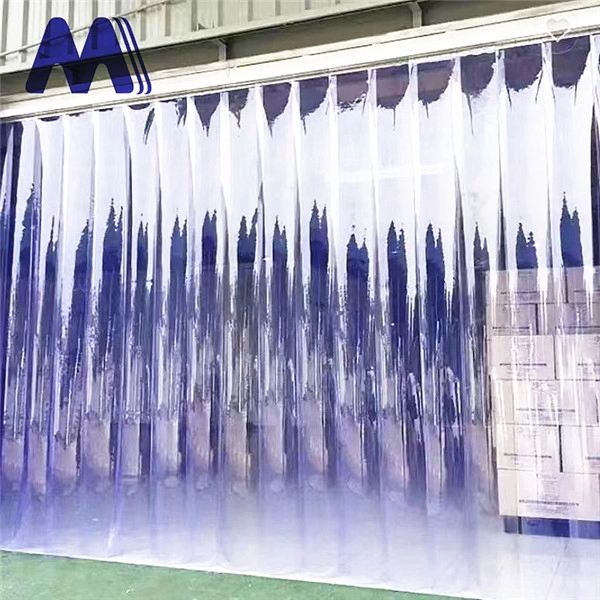plastic pvc sheets
The Versatility of PVC Sheets in Modern Applications
Polyvinyl chloride (PVC) sheets have become an indispensable material in various industries due to their durability, versatility, and cost-effectiveness. As a type of plastic, PVC is widely recognized for its resistance to chemicals, weathering, and abrasion, making it a popular choice for a myriad of applications. In this article, we will explore the properties, benefits, and uses of PVC sheets, shedding light on why they are a preferred material in many sectors.
Properties of PVC Sheets
PVC sheets are available in a range of thicknesses, colors, and finishes, providing flexibility for different applications. They are lightweight yet strong, which makes them easy to handle and transport. One of the key features of PVC is its excellent chemical resistance, allowing it to withstand exposure to various substances, including acids, oils, and salts. Additionally, PVC sheets have good insulation properties and are flame-retardant, which adds to their safety profile.
Moreover, PVC sheets are moisture-resistant, making them suitable for environments prone to humidity and liquid exposure. Their ability to be easily fabricated—through cutting, drilling, and welding—further enhances their usability across multiple projects.
Benefits of Using PVC Sheets
The use of PVC sheets comes with several advantages. Firstly, they are cost-effective compared to alternative materials like wood, metal, or glass, making them an attractive option for budget-conscious projects. Secondly, their durability ensures that products made from PVC can withstand the test of time, reducing the need for frequent replacements.
Environmental considerations are also becoming increasingly important, and PVC is now produced in a more sustainable manner, with many manufacturers adhering to eco-friendly practices. Additionally, some PVC sheets are now made using recycled materials, contributing to a circular economy.
plastic pvc sheets

Another significant benefit is the ease of maintenance. PVC sheets can be cleaned with minimal effort, which is particularly advantageous in commercial settings where hygiene is crucial. Their color stability also means that they retain their appearance over time without significant fading.
Applications of PVC Sheets
PVC sheets are used across various industries, including construction, automotive, healthcare, and signage. In construction, they serve as cladding, roofing, and flooring materials due to their weather-resistant properties. In the automotive sector, they are used for interior components and dashboards, providing both aesthetic and functional benefits.
Healthcare facilities utilize PVC sheets for medical equipment and surfaces needing constant cleaning and disinfection. The signage industry benefits from PVC's ability to be printed on easily, making it ideal for creating signs and displays that require bright colors and sharp graphics.
In recent years, creative applications have also emerged, with DIY enthusiasts and artists using PVC sheets for projects ranging from crafts to home improvements, showcasing the material's adaptability.
Conclusion
In summary, PVC sheets stand out as a vital material across numerous sectors due to their durability, versatility, and cost-effectiveness. With ongoing advancements in production methods and environmental considerations, PVC sheets are likely to remain a popular choice for both industrial and creative applications. As industries continue to evolve, the role of PVC sheets in providing practical solutions will only increase, cementing their place in the world of materials.
-
Heavy Duty Cold Room PVC Strip Curtains - Energy Efficient SolutionsNewsAug.19,2025
-
Durable PVC Curtain Track - Easy Install & Smooth GlidingNewsAug.18,2025
-
Durable PVC Strip Curtain Hanger | Stainless Steel MountNewsAug.17,2025
-
PVC Folding Curtain: Space-Saving & Stylish PrivacyNewsAug.16,2025
-
Industrial Roll Up Curtains | Durable & Clear PVC SolutionsNewsAug.15,2025
-
Durable PVC Strip Curtains: Energy Saving & Dust ControlNewsAug.14,2025



